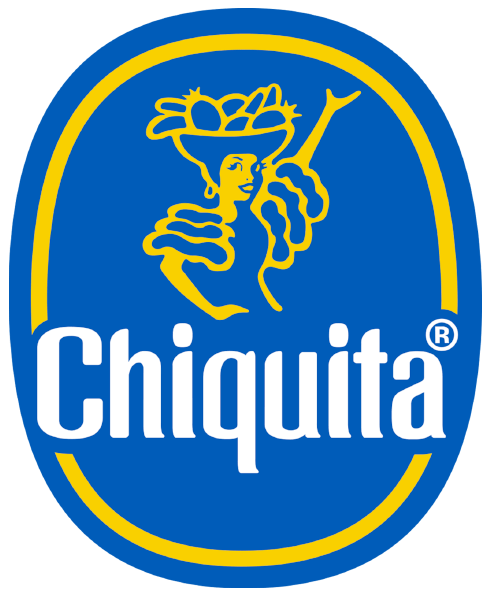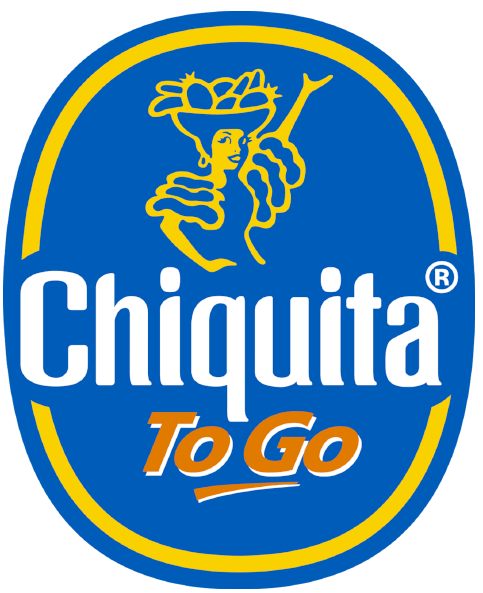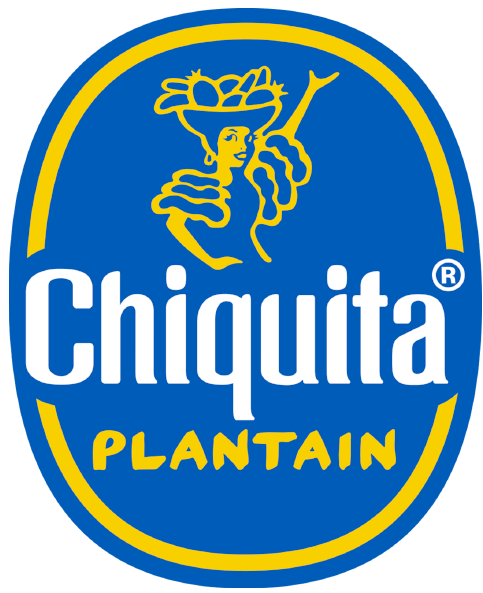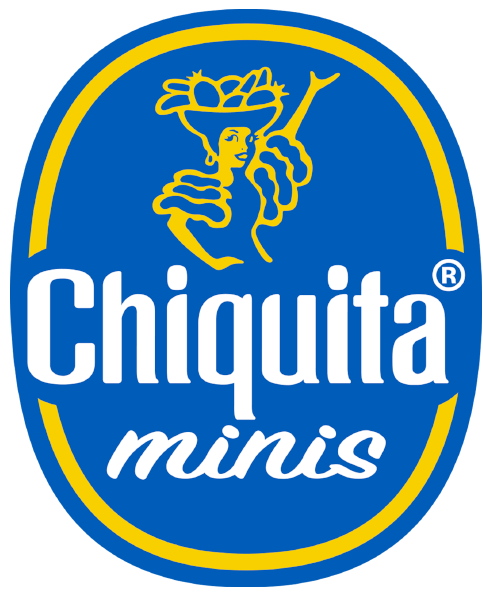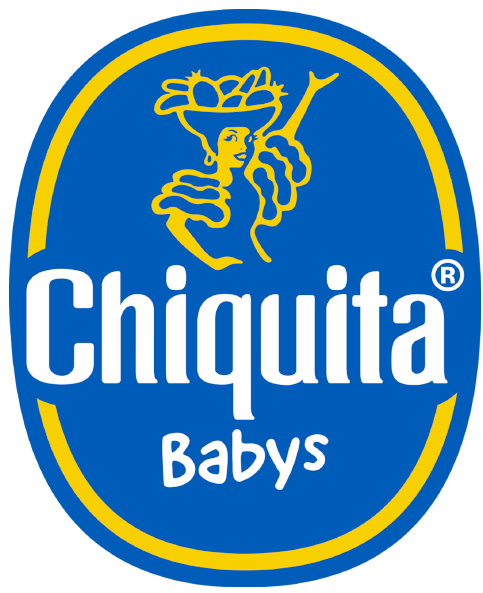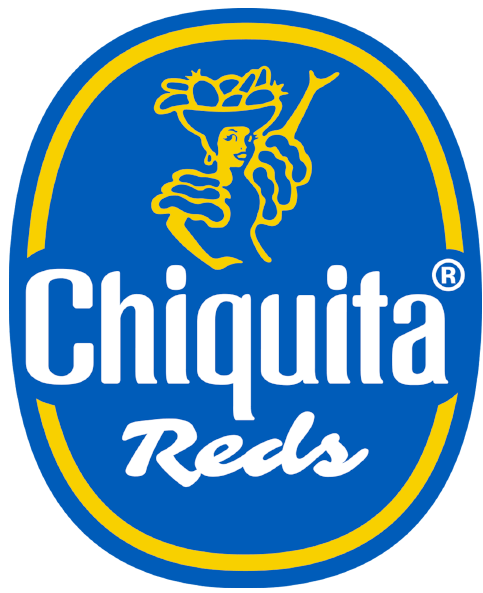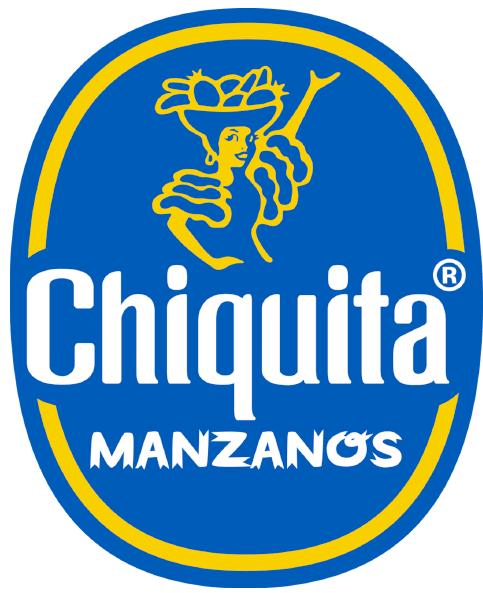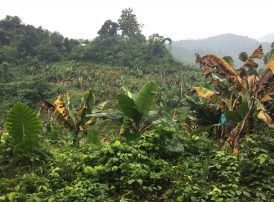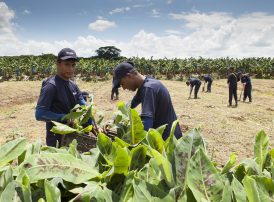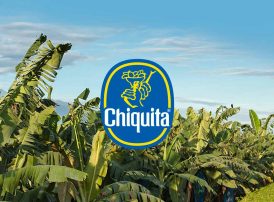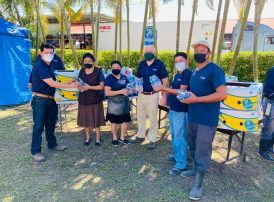Sustainability
Chiquita celebrates World Water Day with major water savings
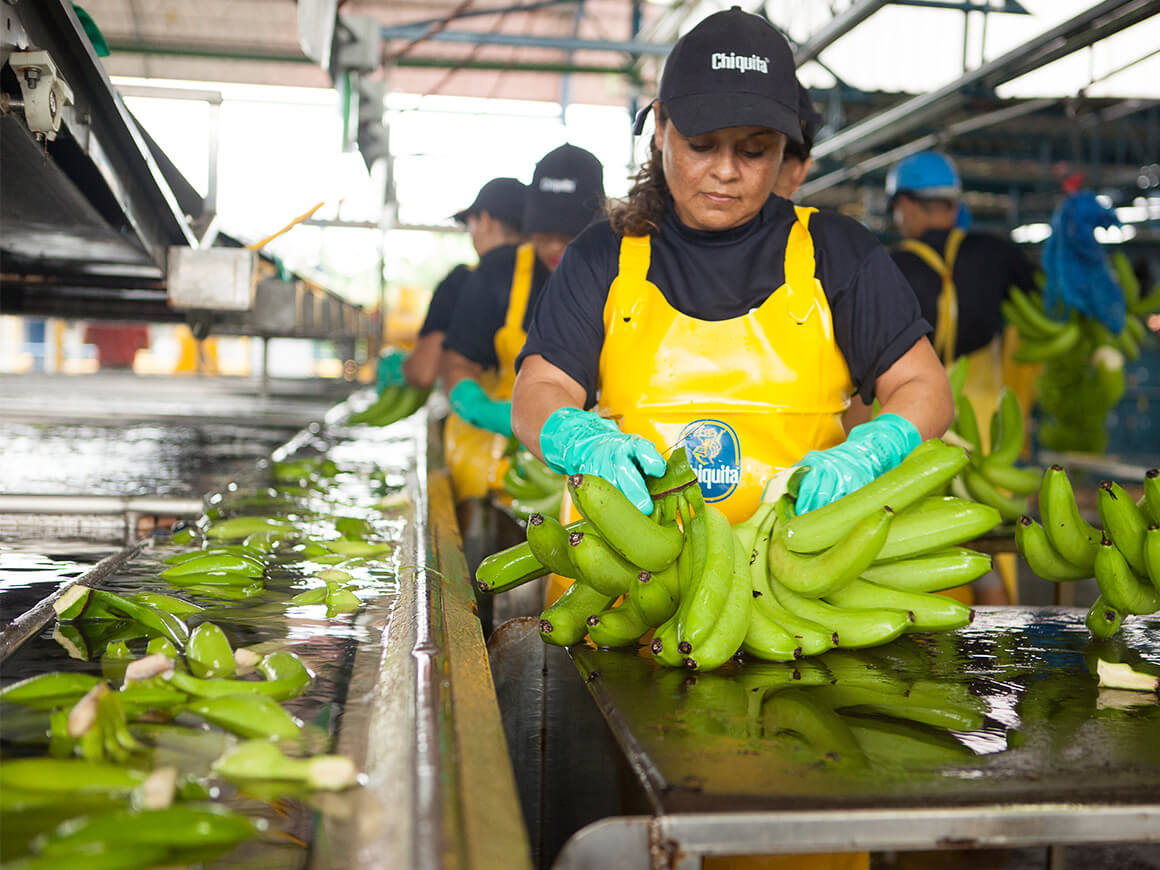
Chiquita’s innovative farm rejuvenations programme and water recycling systems are helping the company to significantly reduce its water footprint. The company has worked hard to make substantial water savings, which have been made possible through its sustainability drive. Chiquita’s efforts have enabled major reductions in the use of both energy and water as well as creating other environmental and business benefits.
With a growing population increasing the need for healthy, sustainable foods such as bananas, Chiquita has committed to meeting key Sustainable Development Goals (SDG’s) on improving water quality (SDG 6.3), increasing water efficiency (SDG 6.4), and protecting and restoring water ecosystems (SDG 6.6). The company reports monthly and is externally audited by Global Gap and the Rainforest Alliance on indicators that support these SDGs, namely the proportion of wastewater safely treated, the proportion of water bodies with good ambient water quality, the degree of integrated water resources management implementation and the change in the extent of water-related ecosystems over time.
The important role of water
Water plays a critical role in producing Chiquita’s world-renowned tasty bananas. In 2012, alongside the World Wildlife Fund, the company commissioned a water footprint study that showed it takes between 440 and 660 litres of water to grow a kilogram of the fruit. Most of this is used for Chiquita’s banana farms in Costa Rica and Panama and consists of rainfall, or ‘green’ water, rather than treated ‘blue’ water.
Chiquita’s water footprint is a key element of the company’s Behind the Blue Sticker initiative. Through this, the company strictly follows integrated crop management methods stipulated by the Rainforest Alliance, ensuring that every precaution is taken to prevent or minimise environmental impacts such as pollution of water courses.
Drive to reduce consumption
Analysis of production and processing allowed Chiquita to identify the two main ways in which it could reduce ‘blue’ water consumption, through targeted irrigation and use of water-smart packaging. Most banana farms in the humid Tropics do not require irrigation, but some do experience a dry season. Climate change is also causing greater variation in rainfall patterns, meaning irrigation is now needed in more places than before.
Chiquita has committed to only use irrigation where it is strictly necessary and has eliminated use of wasteful overhead irrigation. As part of the farm rejuvenation programme, the company is investing in mini and micro irrigation, which currently covers 6.5% of its irrigated land, and uses live ground cover and mulches that reduce evaporation to ensure that the greatest efficiency possible for water abstraction.
Although only 2% of water is used during processing, Chiquita is acting to drive this amount down too. At packaging stations, the company is reducing water use by installing water recycling systems and introducing ‘dry de-handing’, which allows bananas to be separated from the main stalk without using water. Water recycling systems have been installed in 26% of packing stations, allowing the company to reduce its water use by over 1.7 billion litres per year compared to the 2013-2016 average. This yields an 80% water saving compared to stations that do not have such systems.
Saving water in the environment
All of Chiquita’s packing stations use wastewater filters to ensure that even the smallest pieces of fruit do not enter surface waters, and the company also takes measures to ensure chemicals do not reach rivers or streams.
The company reforests and protects the banks of natural watercourses, and plants drainage ditches on its banana farms with cover crops. No agrochemical weed control is used on any drainage system of the Chiquita banana farms. To prevent storm water washing chemicals into the drainage system, Chiquita has started applying agrochemicals to kill banana-loving parasites by directly injecting the stem of the plant. This also significantly reduces the amount of some type of agrochemicals used and improves the safety of workers.
Chiquita has also reduced its ‘grey water’ use – the water needed to remove pollutants introduced in any production or processing operation. The company’s grey water footprint was about 75 litres per kilogram of bananas in 2012, but since then significant strides have been made in improving this figure, with the farm rejuvenation programme having a major impact. By redesigning farm layout this ensures maximum uptake of fertilisers and minimises the need to use herbicides. By moving fields away from watercourses, it minimises the risk of chemicals entering them either directly or by leaching. Fifty nine percent of land has been rejuvenated so far, with a target of 76% by 2022.
The San San project partnership
Chiquita has also entered into partnerships, such as the San San project, which further illustrates the way in which the company is working hard to preserve environmental water. This project, on the borders of Costa Rica and Panama, focuses on improving living conditions and increasing the environmental awareness of local communities.
This project focuses on conserving mangrove forests, lagoons and beaches in the protected 16,125ha San San Pond Sak wetland reserve, which is part of an important RAMSAR site. This is a complex of estuaries, swamps and rivers close to Chiquita’s coastal banana farms in Panama. As part of this work, Chiquita and its partners bought land and reforested former cattle pasture with native species adapted to wetland conditions, in collaboration with a local community organisation. In 2018, Chiquita donated 160ha of reforested land from the wetland reserve to the people of Panama, as the culmination of a successful long-term public-private partnership working to protect the Panamanian environment. Chiquita and its partners continue to finance maintenance, surveillance and protection of the reforested land.
Ongoing efforts
Chiquita’s water protection efforts are checked by independent laboratories, which sample and analyse water quality in rivers and streams leaving its farms. The company’s researchers are also constantly exploring new technologies to enable further reductions in water use.
